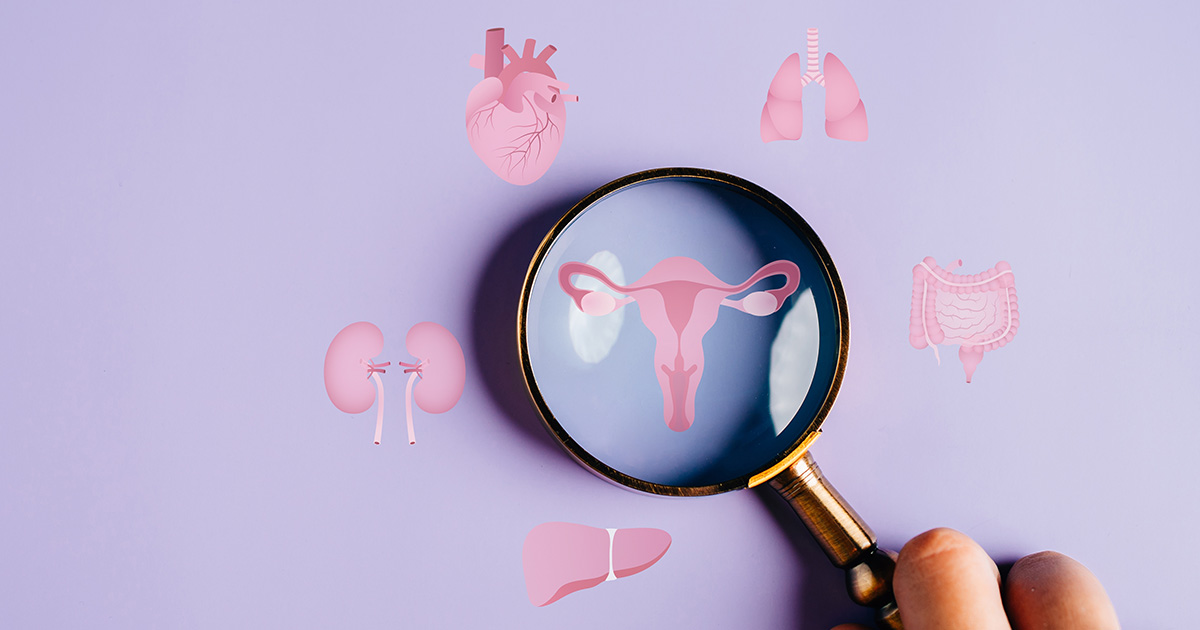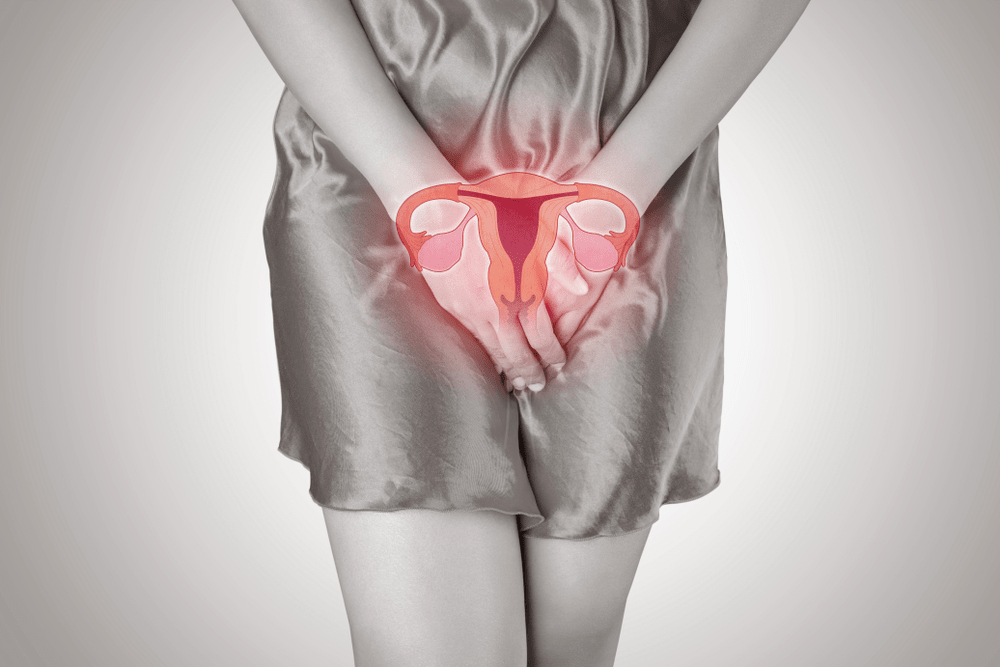TOP 5 MYTHS ABOUT PCOS


When I was first diagnosed with PCOS, I often complained about terrible pelvic pain but the doctors had no real answers. I remember years ago googling, desperate for clarity, and most research at the time said PCOS did not cause pain. So I was left stuck, wondering: if PCOS wasn’t the reason, then why was I in so much pain?
Thankfully, more research is now being done, and we’re learning that pain is in fact a part of PCOS for many women. But that experience taught me something else: there's just as much misinformation about PCOS as there is truth.
Over time, I’ve had to separate myths from reality. And that’s what I want to share with you here: the most common myths about PCOS, and the truths you can hold onto.

Myth 1: “PCOS is rare.”
This is one of the biggest misconceptions. PCOS is actually one of the most common hormonal conditions among women of reproductive age. According to the World Health Organization, it affects about 6–13% of women worldwide—and up to 70% may remain undiagnosed for years. So if you’ve ever felt like you’re the only one going through it, know that you are far from alone.
Myth 2: “PCOS means you can’t have children.”
It’s true that PCOS is one of the leading causes of infertility, but it doesn’t mean pregnancy is impossible. Many women with PCOS do go on to have healthy pregnancies, with or without medical support. With the right care and management, fertility is often still very possible.
I remember speaking to my cousin, who’s a doctor, and telling her how worried I was about having kids. She told me something that really shifted my perspective: “The real fear with PCOS shouldn’t just be fertility, it should be diabetes.” At the time, I didn’t fully understand what she meant. But later, during a routine check-up, my A1C came back at 6.3—a wake-up call that PCOS is about much more than whether or not you can conceive.
Myth 3: “Only overweight women get PCOS.”
PCOS affects women of all shapes and sizes. While weight gain can be a symptom due to insulin resistance, slim women can also have PCOS. Your body type doesn’t determine whether you have the condition.
Myth 4: “Losing weight will cure PCOS.”
While there is yet no known cure for PCOS. Lifestyle changes like eating balanced meals, moving your body, and managing stress could ease symptoms and support long-term health.
It’s also important to note that PCOS isn’t only about weight; slim women can have PCOS too. That said, I remember a time when I lost nearly 20 pounds and my periods became regular for the first time in months. When I gained the weight back, my cycles became unpredictable again. So while losing weight didn’t “cure” my PCOS, it did help alleviate some of my symptoms for a while.
Truth: Weight loss can sometimes improve symptoms, but it isn’t a cure. PCOS management is about finding balance through sustainable habits, not quick fixes.
Myth 5: “PCOS is just about your period.”
PCOS affects far more than your menstrual cycle. It’s a whole-body condition linked to metabolism, mental health, hormones, and long-term risks like diabetes and high blood pressure. Focusing only on periods or fertility ignores the bigger picture of living well with PCOS.
Conclusion
There are other myths out there including: having PCOS is your fault; If you got cysts on your ovaries, then you have PCOS; PCOS is a life sentence, you can't enjoy womanhood! PCOS is caused by unhealthy life choices; you need to take birth control pills, If you have PCOS and the list goes on. Well, I am glad that I have been able to uncover these myths by seeking factual information and carefully observing my own experiences as I navigate winning over PCOS. It gives me deep confidence that I am no longer speaking about this condition based on what I heard but rather my reality



.svg)

